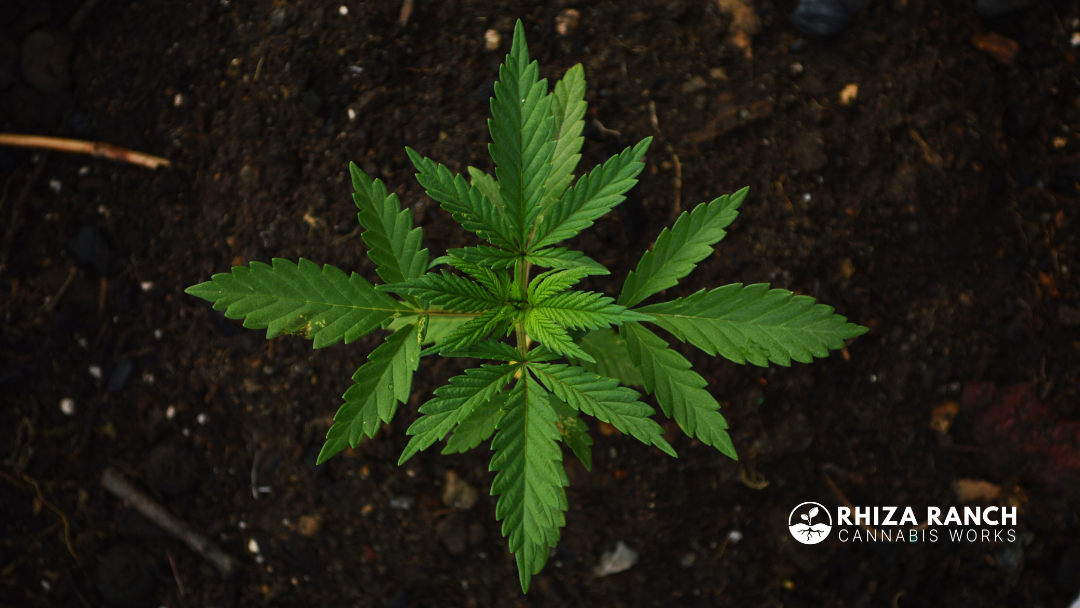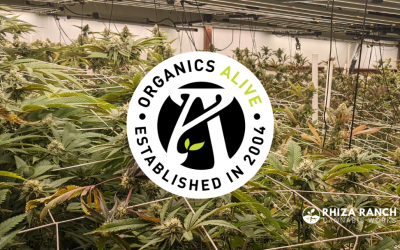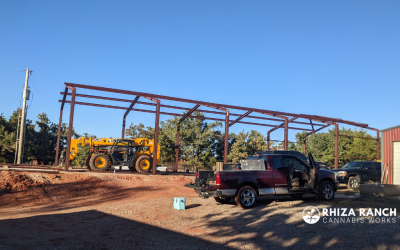Why Soil Testing is Important for Cannabis
For any cannabis grower, soil testing is an essential part of cultivation. By testing the soil, you can determine what nutrients are present and what might be lacking. This information is crucial for maintaining a healthy crop. Furthermore, soil testing can help you avoid problems down the road, such as pest infestations or nutrient deficiencies. In this blog post, we’ll discuss why soil testing is important and how to go about doing it.
Why Test Your Soil?
As we mentioned earlier, testing your soil is the best way to determine which nutrients it contains, and which might be lacking. This information is crucial for maintaining a healthy crop. Not only will it help you avoid problems down the road, but it will also allow you to achieve optimum yields.
There are a number of ways to test your soil, but the most common method is through a process called soil analysis. This involves taking a sample of your soil and sending it off to a lab for testing. The results of the analysis will tell you the pH level of your soil as well as the concentrations of various nutrients, including nitrogen, phosphorus, and potassium. Armed with this information, you can then take steps to correct any deficiencies.
In addition to helping you maintain a healthy crop, soil testing can also save you money in the long run. By knowing which nutrients are present in your soil, you can avoid over-fertilizing, which can be costly. Furthermore, by addressing any nutrient deficiencies early on, you can prevent more serious problems from developing down the road.
How to Test Your Soil
Now that we’ve discussed why soil testing is important, let’s talk about how to go about doing it. As we mentioned earlier, the most common method is through a process called soil analysis. This involves taking a sample of your soil and sending it off to a lab for testing. You can either take a sample yourself or hire someone to do it for you.
If you decide to sample yourself, make sure to collect 2-3 random samples from each unique grow area. For example, if you have 3 beds of living soil, you could collect from the front and back of beds 1 and 2, well bed 3 from the middle. Each time you collect soil you want to select random spots from within the larger area to better represent the whole. This will give you a more accurate picture of the overall nutrient content of your soil. Once you have collected the samples, mix them together and send them off to a lab for testing.
Our Experience Soil Testing
Growing cannabis in living soil is complex. Not only do you need to account for the plant’s health but also an entire ecosystem of fungi, bacteria, and beneficial insects that make your soil their home. As our scope of plant health grew to include this ecosystem, standard fertilizer programs for plant health became less and less applicable.
Standard fertilizer programs provide a guideline for when, what, and how much to apply premixed fertilizer throughout your growing cycle. For example, a fertilizer during vegetation, bloom during flower, and flush prior to harvest. These fertilizer programs are a great tool for learning basic plant phases and those looking for a more generalized nutrition plan.
Soil testing on the other hand, provides specificity down to each nutrient the soil is lacking or may have in excess. To truly understand the soil test results and create a custom fertilizer solution for our grow, we partnered with a local soil business, RedBud Soil Company. The soil experts at RedBud, have helped us a develop a soil testing schedule, interpret the results, and create a unique fertilizer plan based on each test.
Soil testing is an essential part of cannabis cultivation. By testing the soil, growers can determine the nutrient content and ensure that their plants are getting everything they need to thrive. Soil testing can also save money in the long run by helping growers avoid over-fertilization and other problems associated with nutrient deficiencies.
Lastly, soil testing is a science. Seek out experts to help you on your journey, from our experience they are invaluable.

 The closest you can get to “organic” in the cannabis industry.
The closest you can get to “organic” in the cannabis industry.  We trust PureLabs for Oklahoma cannabis compliance testing.
We trust PureLabs for Oklahoma cannabis compliance testing. 

